Logiciels audio « open source » /
Open Source for Audio Application
À propos de ce numéro / About this Issue
Éditorial / Editorial
Open Source Travel Guide [wiki]
As part of this issue, the Open Source Travel Guide [wiki] has been created for the community by the community — in true Open Source form! These pages are intended for both inexperienced and experienced users of free / libre open source software (FLOSS) and resources. If you are a newbie, there is a whole range of information to help get you started and introduce you to the world of OS. For the seasoned OS user, the various lists of resources can be very useful.
Editorial and introduction to the Open Source Travel Guide [wiki].
All the essentials to get you set up to start your open source audio experience, including links to software.
A list of online communities, forums and key places in various cities where you are likely to encounter Open-sourcians.
An introduction to some of the dialect to help you interface with the open source community.
Suggestions for further reading on the cultural, historical and economical issues of the open source community.
Articles
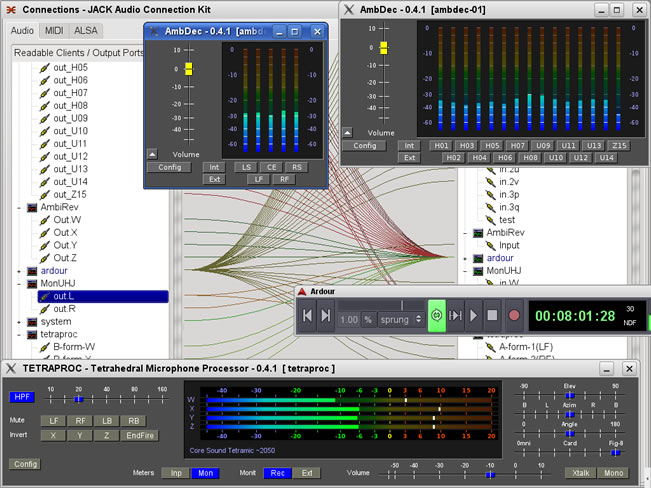
Ardour and Ambisonics: A FLOSS approach to the next generation of sound spatialisation
Towards portable 3D surround productions — an open source approach with higher-order Ambisonics in the Ardour digital audio workstation.
Freedom Squared: Free Improvisation in the Free Software World
The author draws parallels between “free” improvisation and “free” software from a philosophical, moral and social point of view.
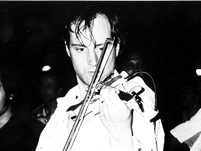
Who Owns our Software? A first-person case study
Computer music researcher Miller Puckette describes some possible consequences of trying to protect “intellectual property”, drawn from his own experiences.
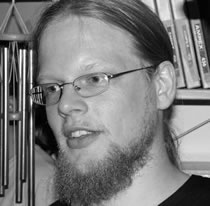
So What? I Don’t Hack!
A commentary about open source code and why it might matter to you.
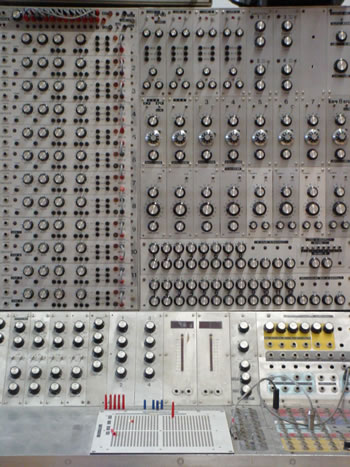
[INSTITUTIONS] IEM — Institute of Electronic Music and Acoustics (Graz, Austria)
An historical overview of “die Elektronik”, a key research and development centre, teaching environment and concert space. A traditional studio at its start, it has developed into an important open source environment that develops many of its own tools, today largely geared towards 3D spatialization.
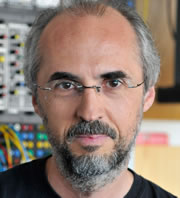
[INSTITUTIONS] Sharing the Source: A very brief history of computing at CCRMA (Stanford CA, USA)
A very short history of computing at CCRMA (the Center for Computer Research in Music and Acoustics at Stanford University) and some comments on how and why open source played and plays a very important part in its computing environment.
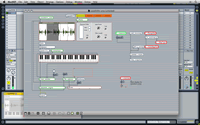
Is Ableton Open Source?
The co-Founder and CEO of Ableton talks about how ideas from developers and users alike are translated into programme features, and about steps that have been taken to ensure that Ableton’s software remains solid, reliable and flexible at the same time.
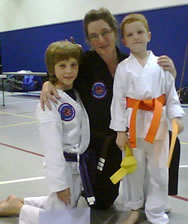
Ardour et al., or Free and Easy Laptop Pro Audio: An Essay Perspective from a desperate working mother composer
The author discusses her switch from a Macintosh-based composition environment heavily dependent upon Pro Tools to an open source freeware environment utilizing Audacity and Ardour.
Columns
[COMMUNITY REPORTS] China by Bob Gluck
[COMMUNITY REPORTS] Indonesia by Bob Gluck
[COMMUNITY REPORTS] South Korea by Bob Gluck
Reviews, Previews and New Releases
[BOOK] FLOSS+Art (Aymeric Mansoux and Marloes de Valk, Eds.) by Jörn Nettingsmeier
“FLOSS+Art critically reflects on the growing relationship between Free Software ideology, open content and digital art. It provides a view onto the social, political and economic myths and realities linked to this phenomenon.”
[BOOK] loadbang: Programming Electronic Music in Pd (Johannes Kreidler) by IOhannes Zmölnig
Other Items
SONUS.ca
Works by some authors and / or artists in this issue can be heard in SONUS.ca, the CEC’s online electroacoustic jukebox:
La CEC tient à remercier le Conseil des arts du Canada (section Lettres et édition) pour son soutien à eContact! depuis 1997, ainsi que la Fondation SOCAN pour ses subventions de fonctionnement.
The CEC thanks the Canada Council’s Writing & Publishing Section for supporting the journal since its launch in 1997, and the SOCAN Foundation for their assistance through the Core Funding Programme.
Social top